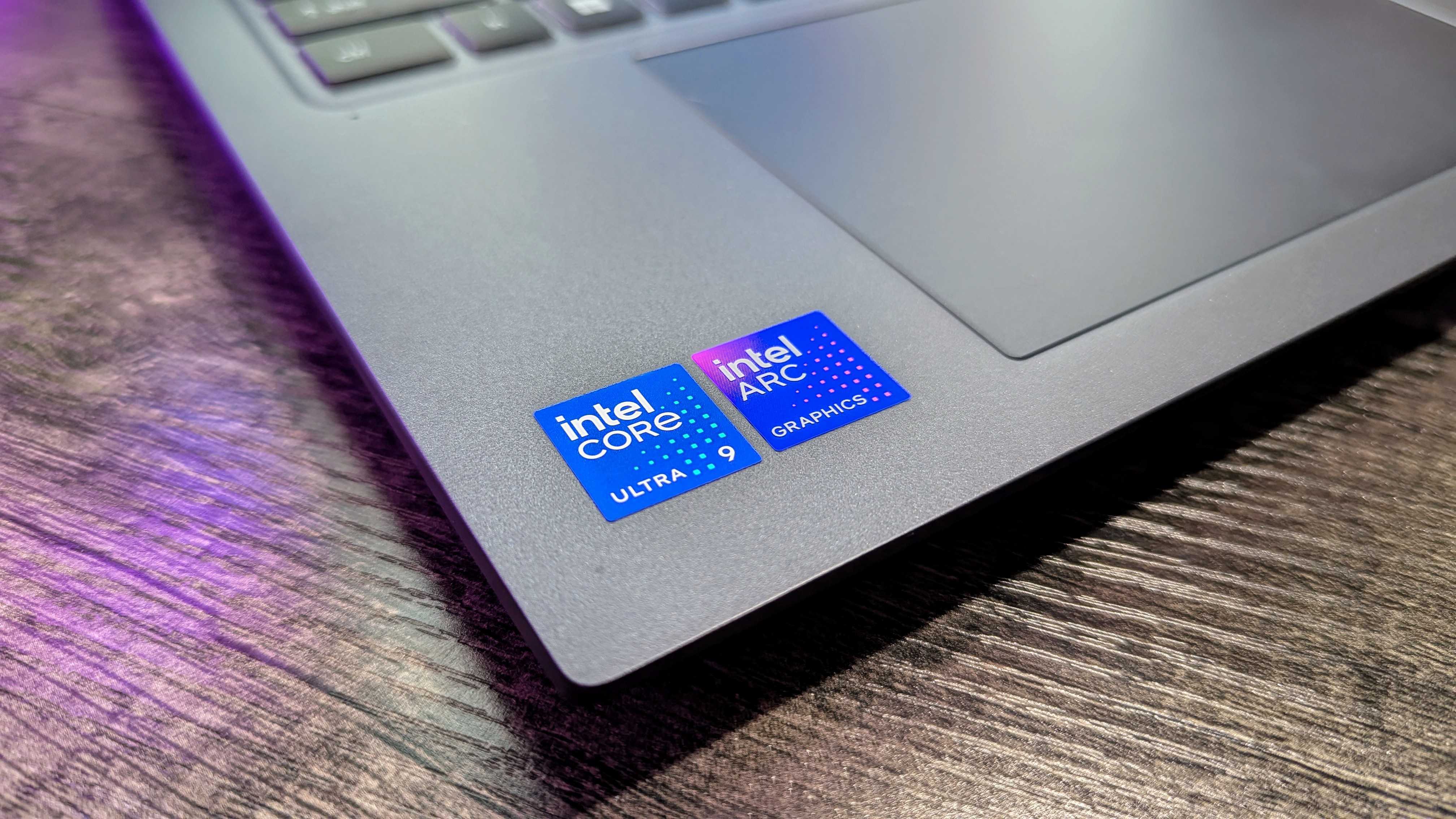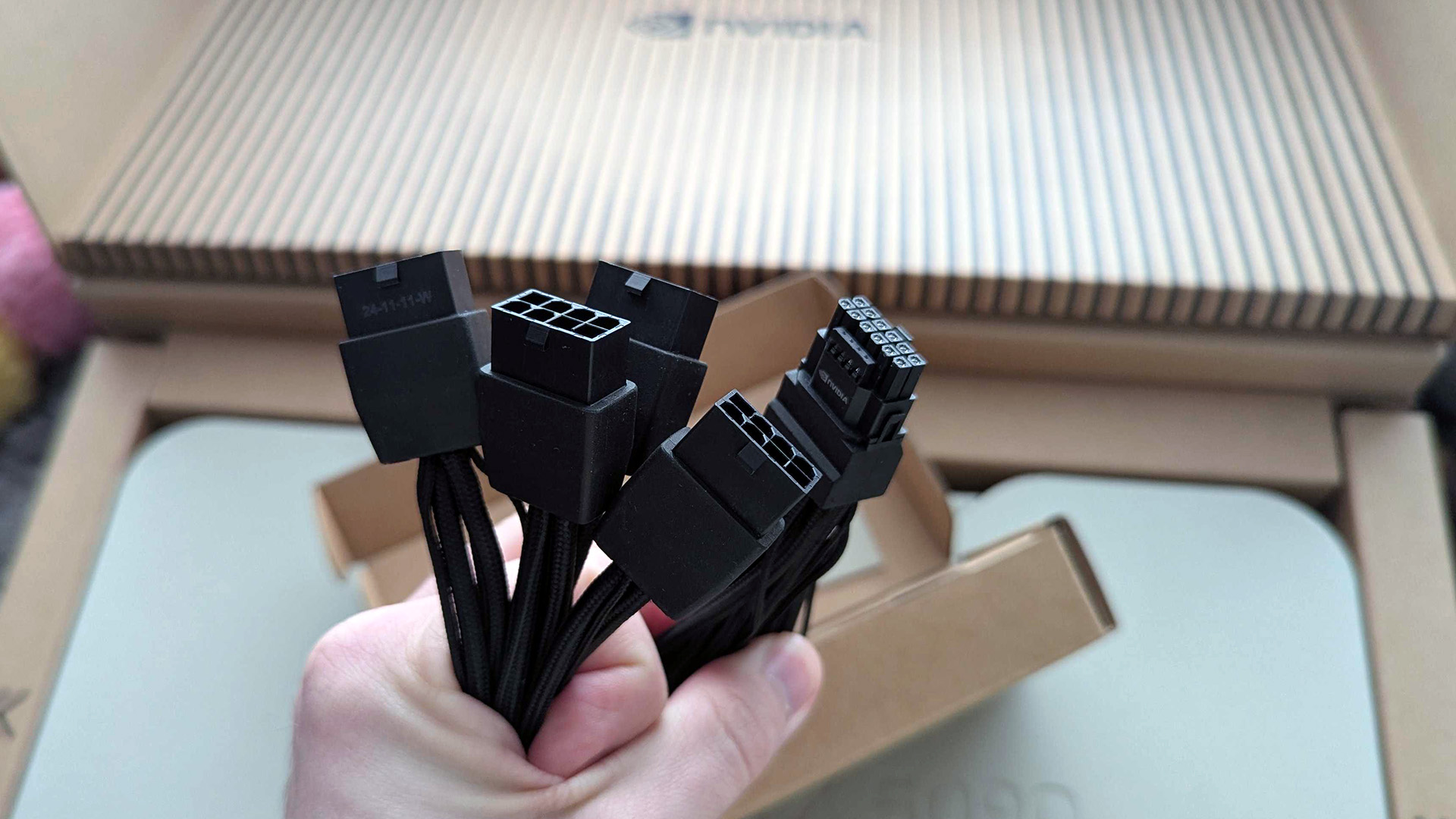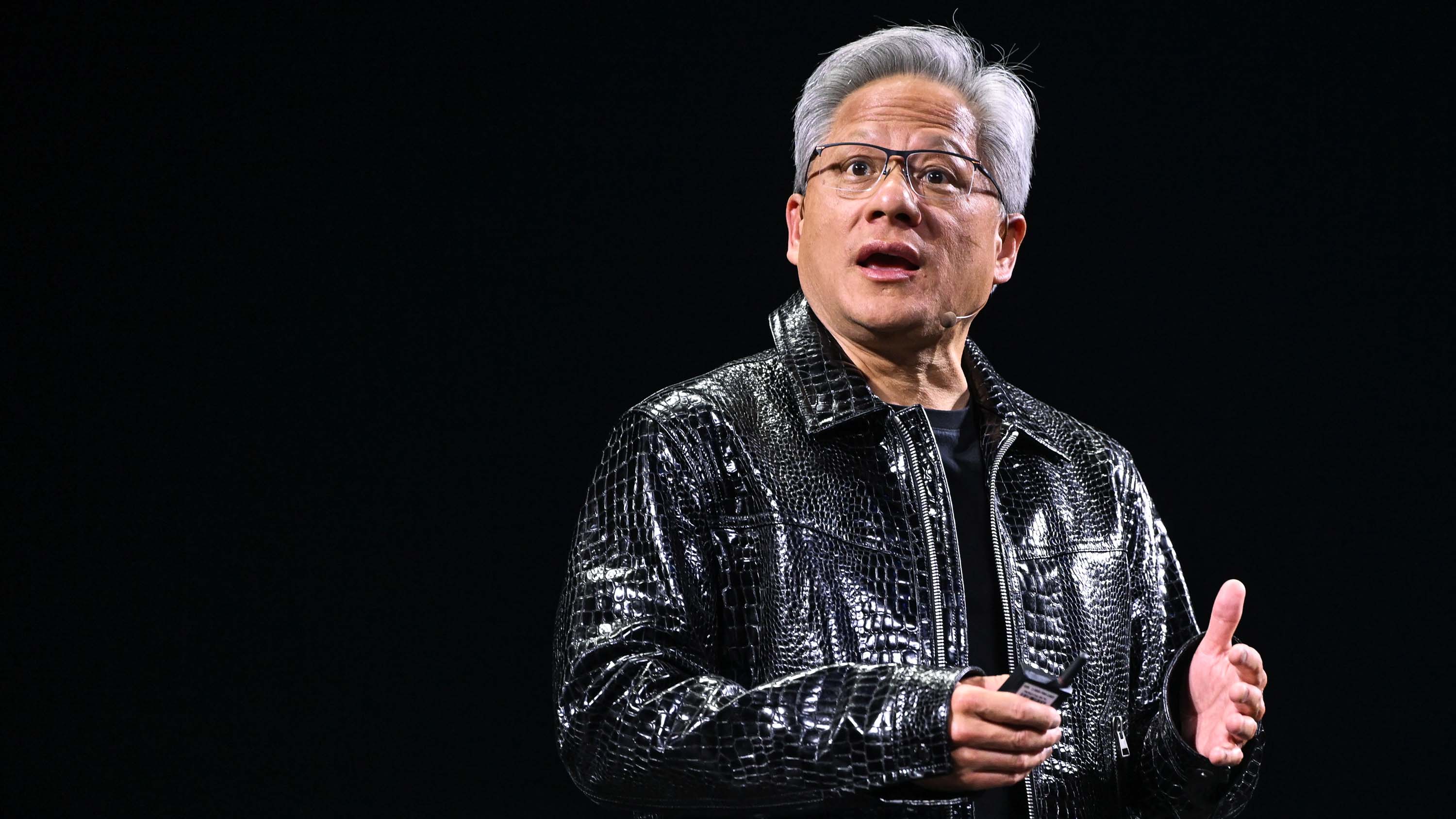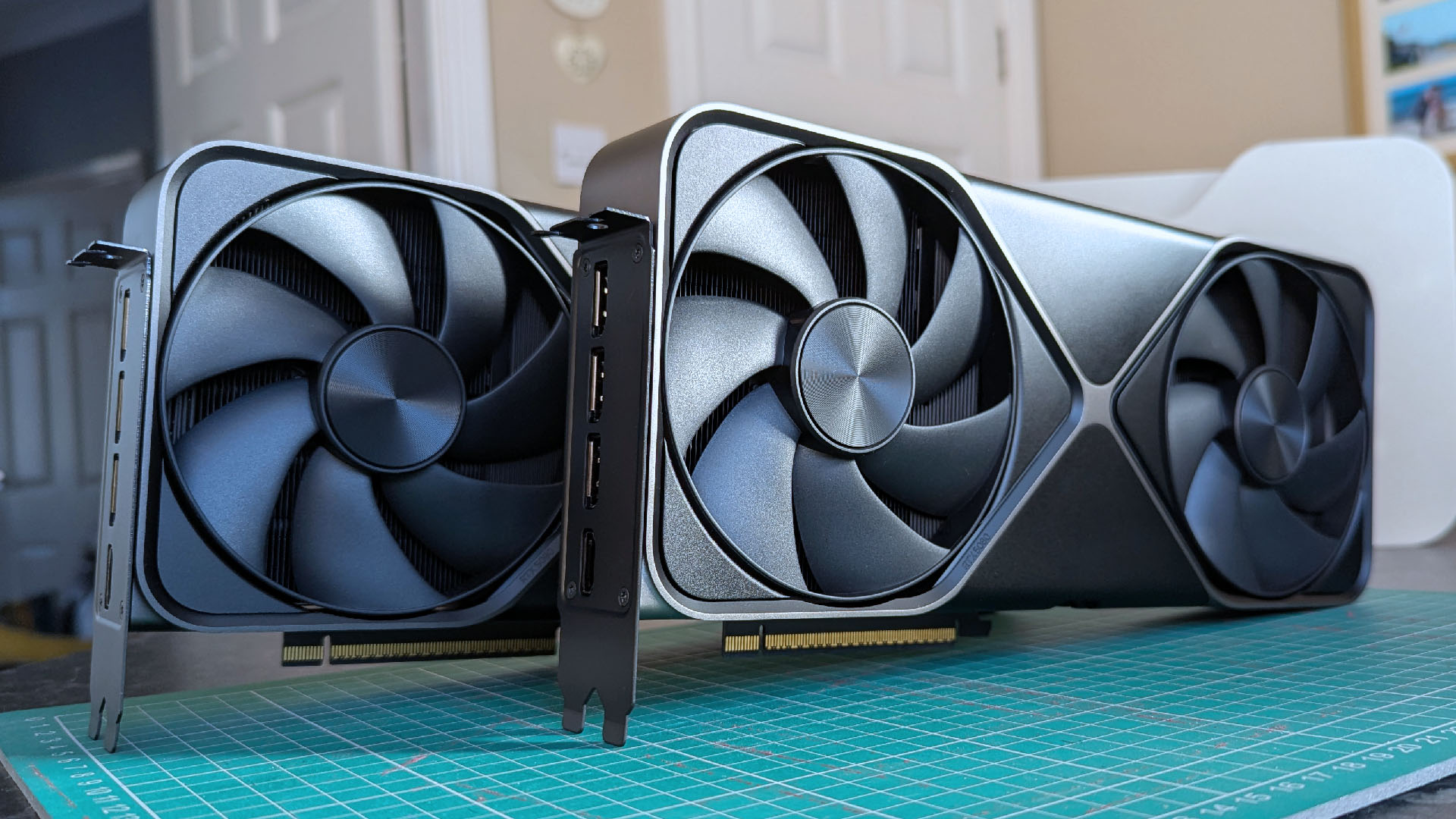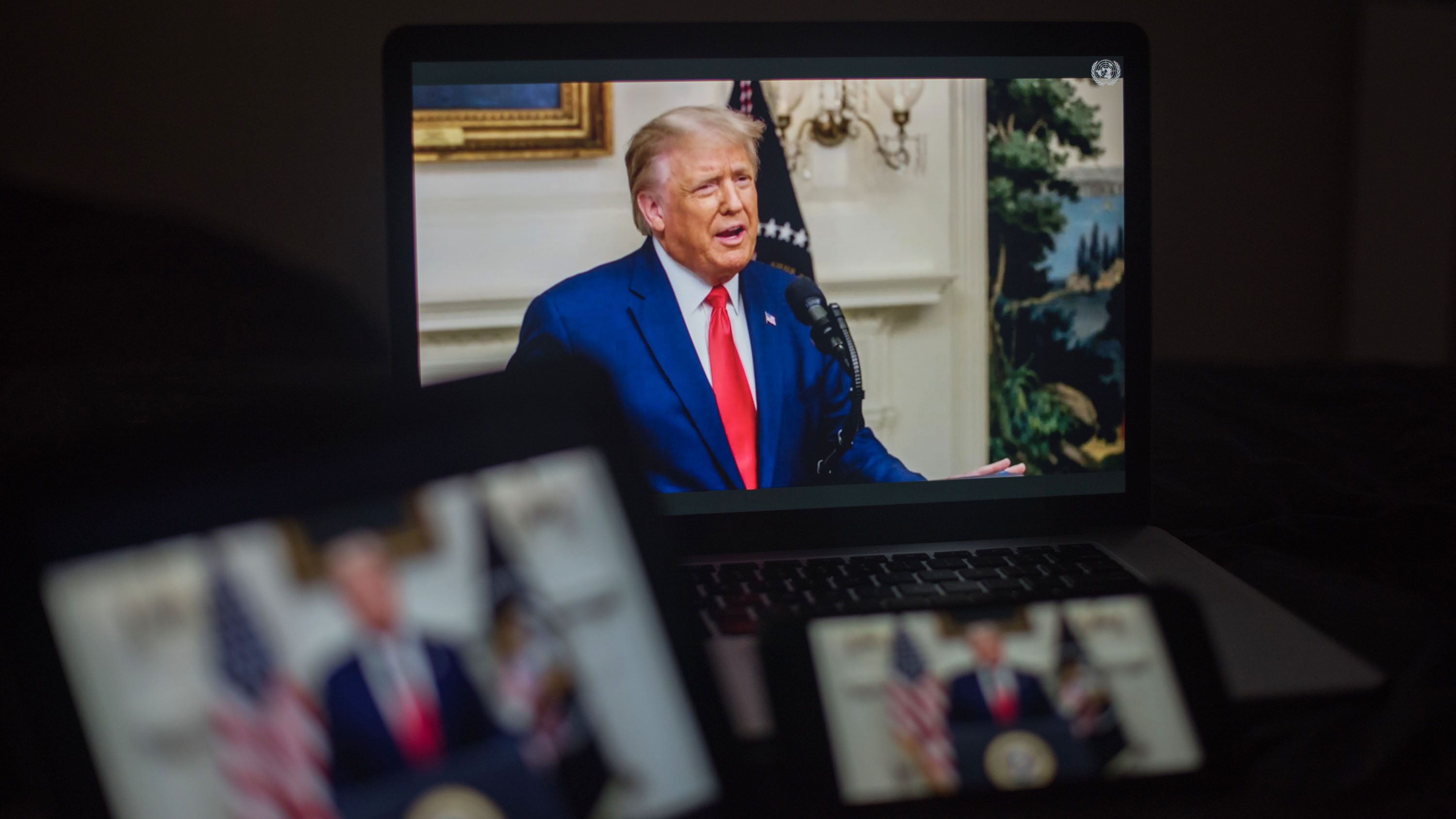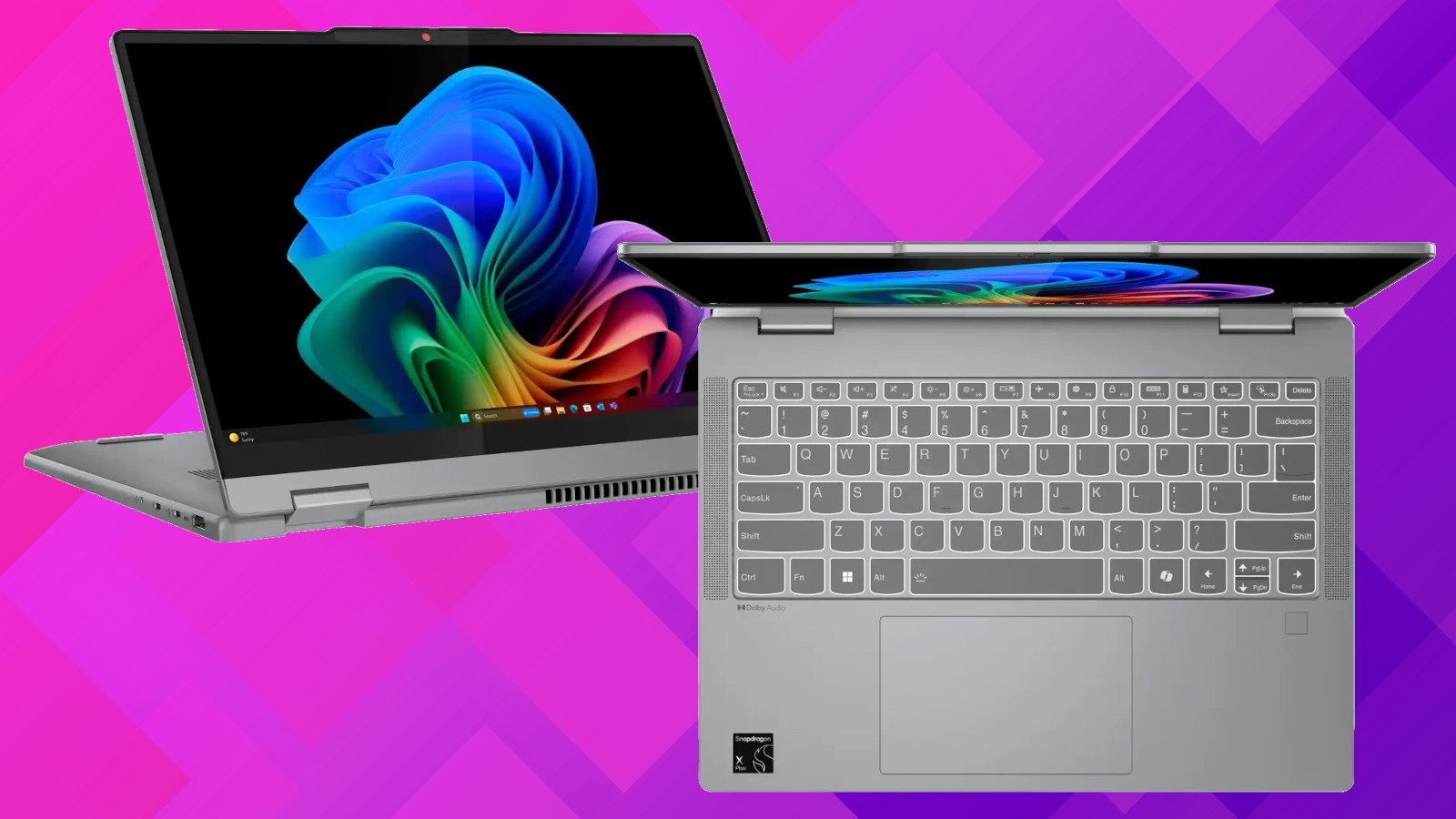When you purchase through links on our site, we may earn an affiliate commission.Heres how it works.
In 2021, the company also announced itsplans to start producing chips for other companies.
The deal has been in the works for several months.
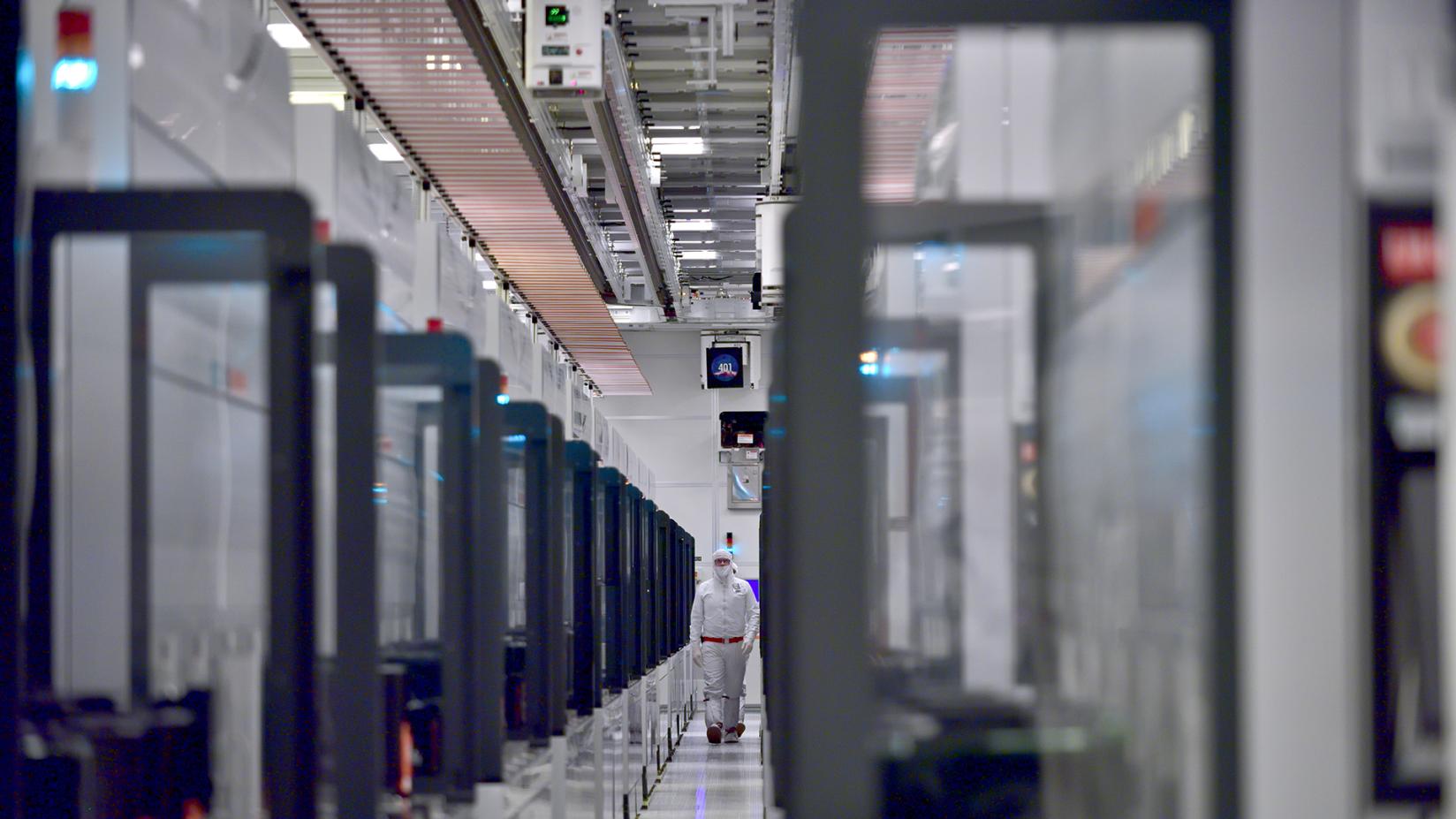
Germany will have to pay 10 billion in subsidies to attract the lucrative deal.
The German government rejected Intel’s initial ask of 10 billion and made a 6.8 billion counter.
Intel again turned down the offer, citing that it was too little.
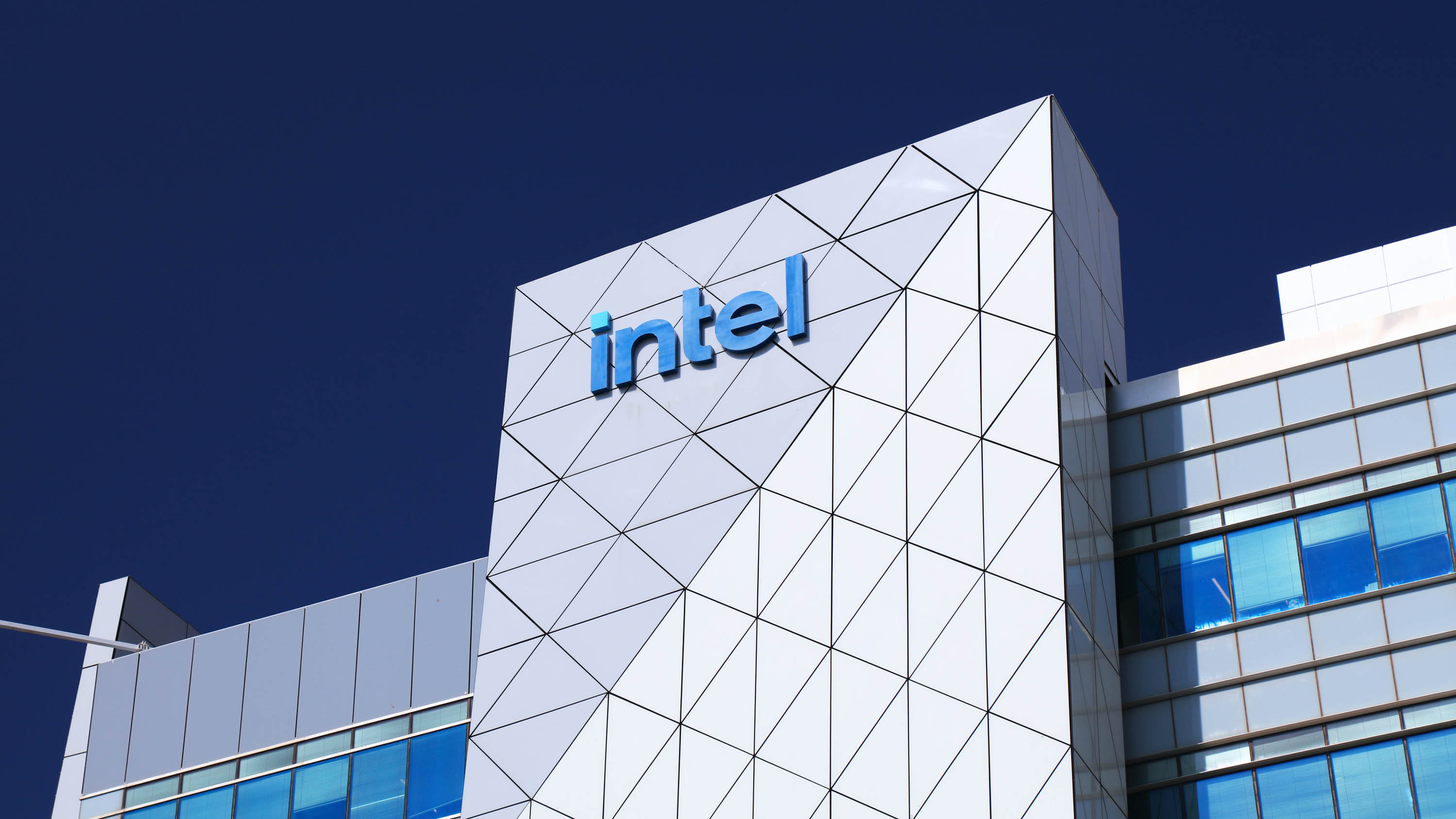
But now, both parties have reached a common ground.
Today’s agreement is an important step for Germany as a high-tech production location and for our resilience.
Intel’s subsidy request is in place to cater to the labor cost.
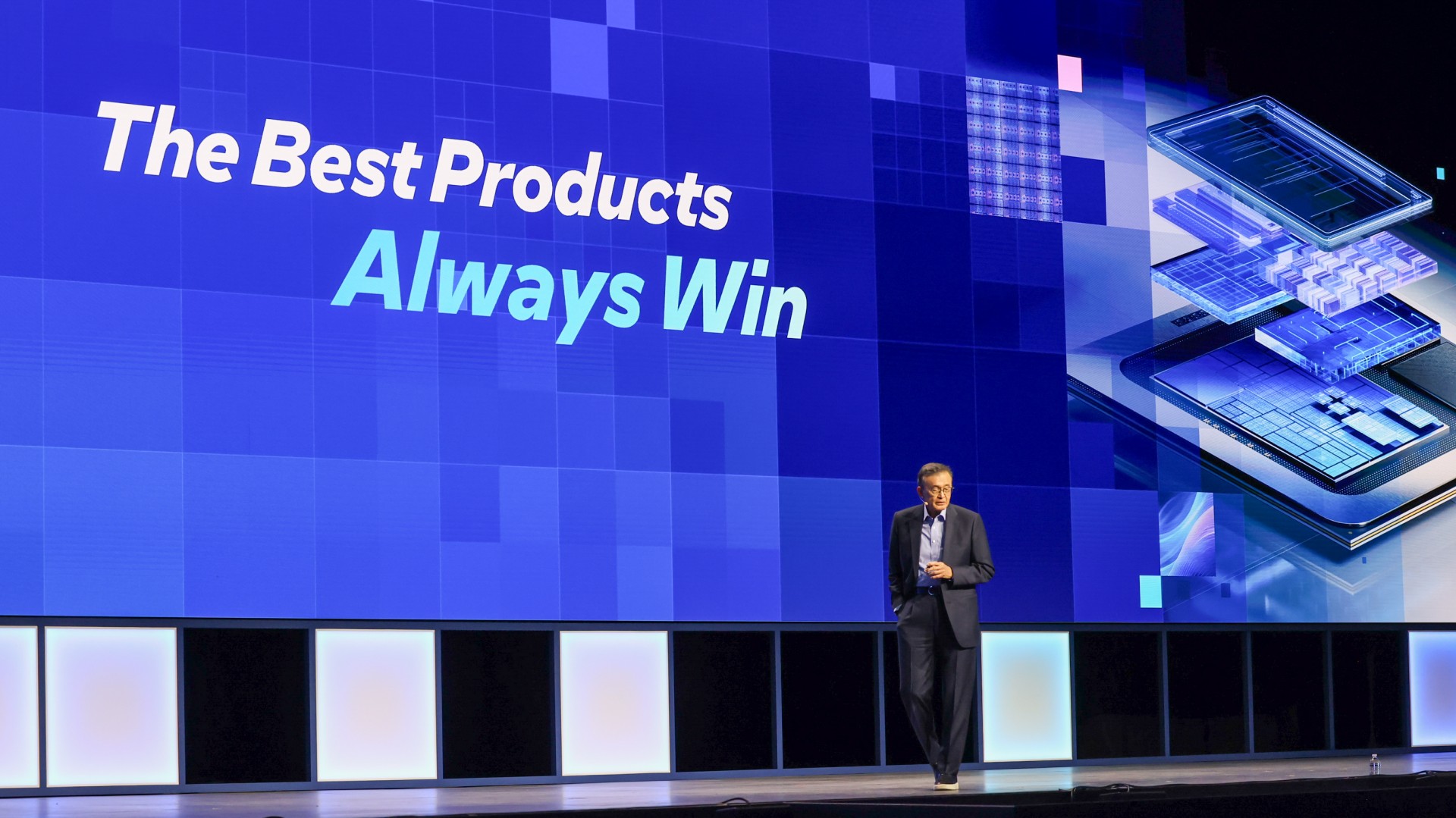
During the COVID-19 pandemic, the world experienced a shortage of semiconductors because of the over-reliance on Asian manufacturing.
Intel added that over 7,000 people will get jobs through this initiative alongside 3,000 high-tech jobs at Intel.
What’s more, tens of thousands of employment opportunities will also be created across the industry.
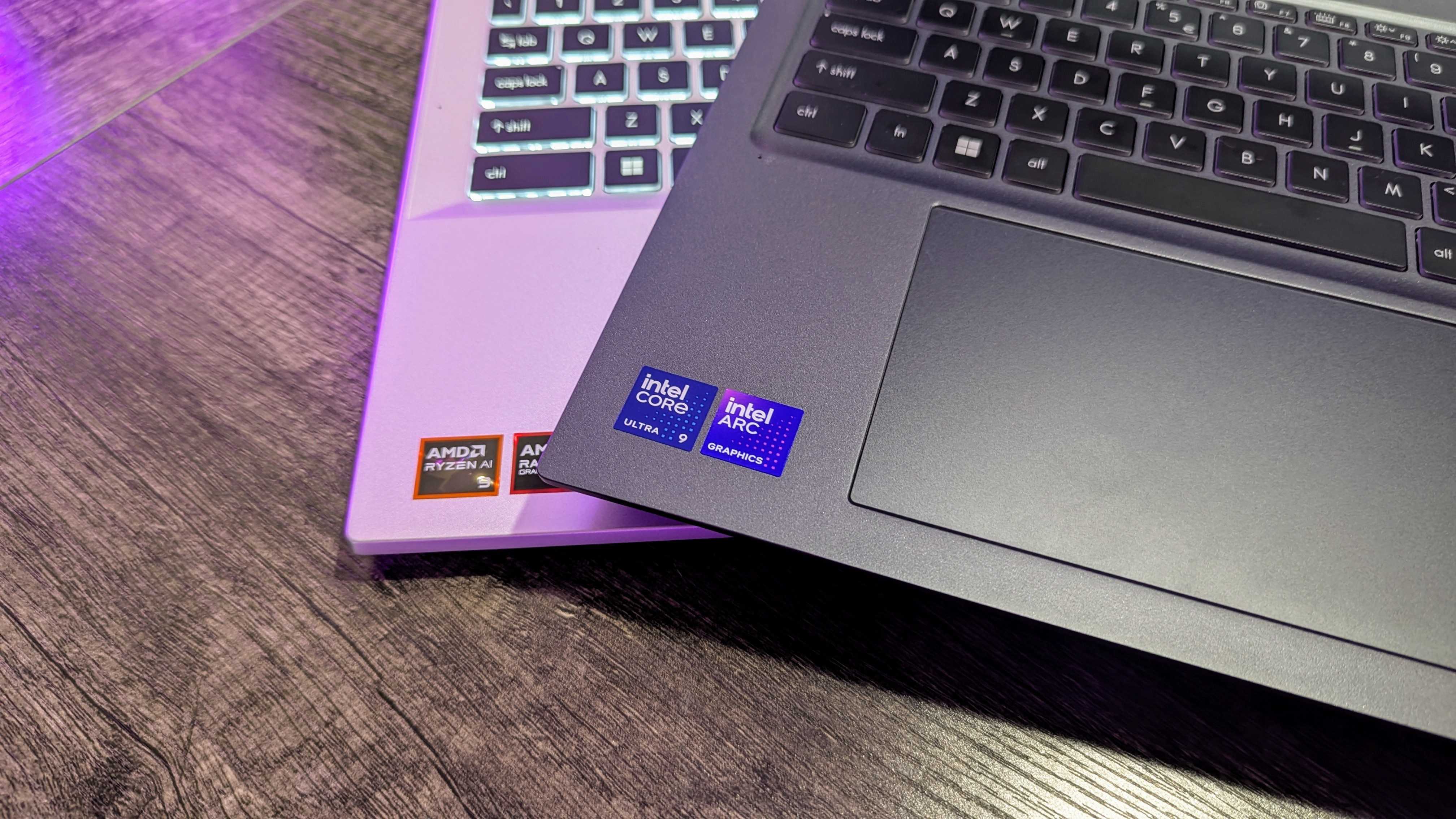
Alongside this deal, Intel is in the middle oftalks with Israel.
Production on the 1,000-acre site was slated to start in 2025.
